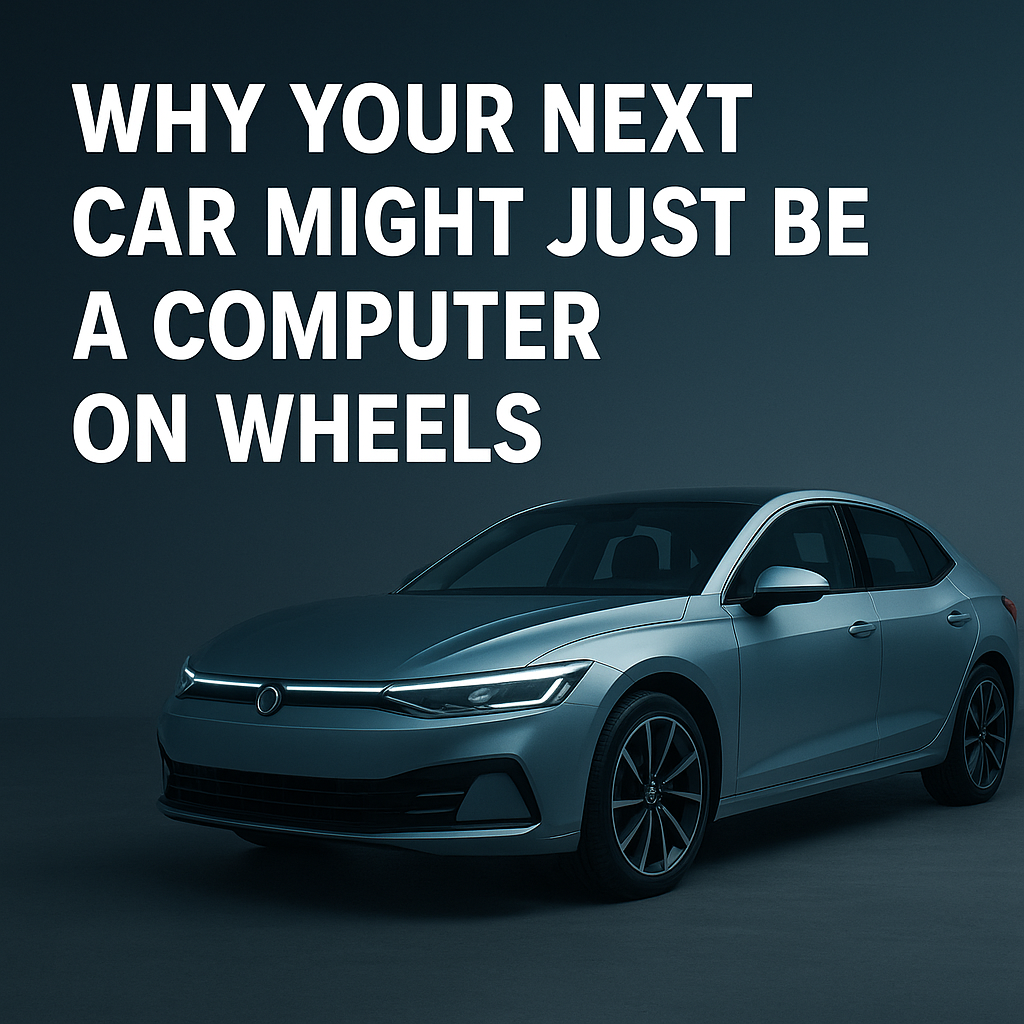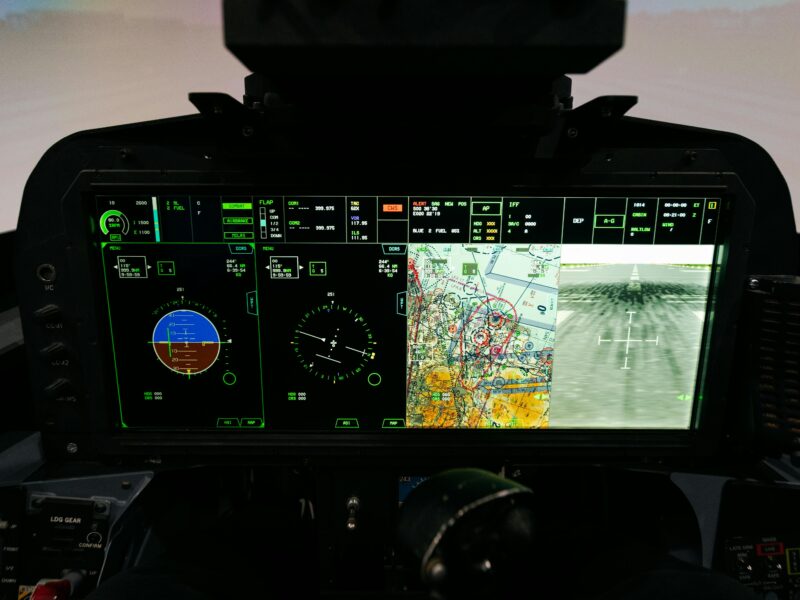It used to be that when you talked about car, you were talking about engines, horsepower, and maybe how quickly it could go from 0 to 60. But now? You’re just as likely to be talking about software updates, AI systems, and touchscreen dashboards. In short, the automobile is no longer just a machine — it’s becoming a computer on wheels.
From Mechanics to Microchips
A few decades ago, most car problems could be solved with a wrench and a bit of elbow grease. Today, even a basic diagnostic check might involve plugging your car into a laptop. Why? Because modern vehicles are packed with hundreds of sensors, computers, and lines of code — sometimes more than a commercial airplane.
Tesla was one of the first brands to show us what’s possible. Their vehicles receive over-the-air updates like smartphones, improving performance, adding features, and even changing how the car drives — all without a mechanic touching a bolt.
The Rise of Software-Defined Vehicles
We’re now entering the era of the software-defined vehicle (SDV). That means the car’s personality, performance, and even its “brain” are shaped more by code than by pistons or gears.
Think of it like this: buying a car today is less like buying a fixed product and more like subscribing to a digital experience. Your car might learn your habits, adjust your seat automatically, or suggest routes based on traffic patterns it learns over time. It may even improve its driving behavior through AI.
And we’re not just talking Teslas anymore. BMW, Mercedes-Benz, and even traditional giants like Ford and Toyota are developing SDVs with increasing intelligence and connectivity.
AI Is the New Engine
Artificial Intelligence is not just a buzzword anymore — it’s actively controlling how cars operate. From autonomous driving systems to adaptive cruise control and voice-activated commands, AI is becoming the silent co-pilot in many vehicles.
Imagine this: You’re driving home from work. Your car knows it’s Thursday — you usually pick up groceries. It suggests the fastest route to your favorite store, checks the traffic, and plays your favorite driving playlist without you saying a word. That’s not sci-fi — it’s already happening.
Over-the-Air Updates: Your Car’s Wi-Fi Makeover
One of the biggest changes is the ability to upgrade a vehicle without setting foot in a service center. Over-the-air (OTA) updates allow automakers to send new features, fix bugs, or even improve driving range.
In fact, some car companies now offer subscription-based features — heated seats, advanced driver-assistance systems, or extra horsepower — all unlocked via software. This changes the whole ownership model. You’re not just buying a car; you’re buying into an ecosystem.
Safety, Data & The Cloud
The more connected a car becomes, the more it relies on data — and that opens a new conversation. Cars are now gathering everything: how you drive, where you go, how often you brake, and more.
This data helps improve safety features — like automatic braking or fatigue alerts — but it also raises privacy concerns. Who owns this data? What if it gets hacked?
To protect against cyber threats, many automakers are integrating cloud-based systems and cybersecurity layers into their car software stacks — just like tech companies do with smartphones or laptops.
The Road Ahead
Looking forward, the transformation is only accelerating. We’re talking fully autonomous vehicles, real-time communication between cars, smart city integration, and even vehicles that run entirely on AI platforms. Imagine a future where your car negotiates traffic with other cars, books your next service appointment, or even earns money by working as a robo-taxi while you’re asleep.
Conclusion: Get Ready to Drive the Future
We’re witnessing a revolution in how cars are made, how they drive, and how we interact with them. It’s no longer just about horsepower or fuel economy. It’s about processors, software, machine learning, and user experience.
So the next time you’re car shopping, don’t just ask about mileage or engine specs. Ask how often it gets updates. Ask what kind of sensors it uses. Ask if it learns your behavior. Because chances are, your next car isn’t just a vehicle — it’s a computer on wheels.



